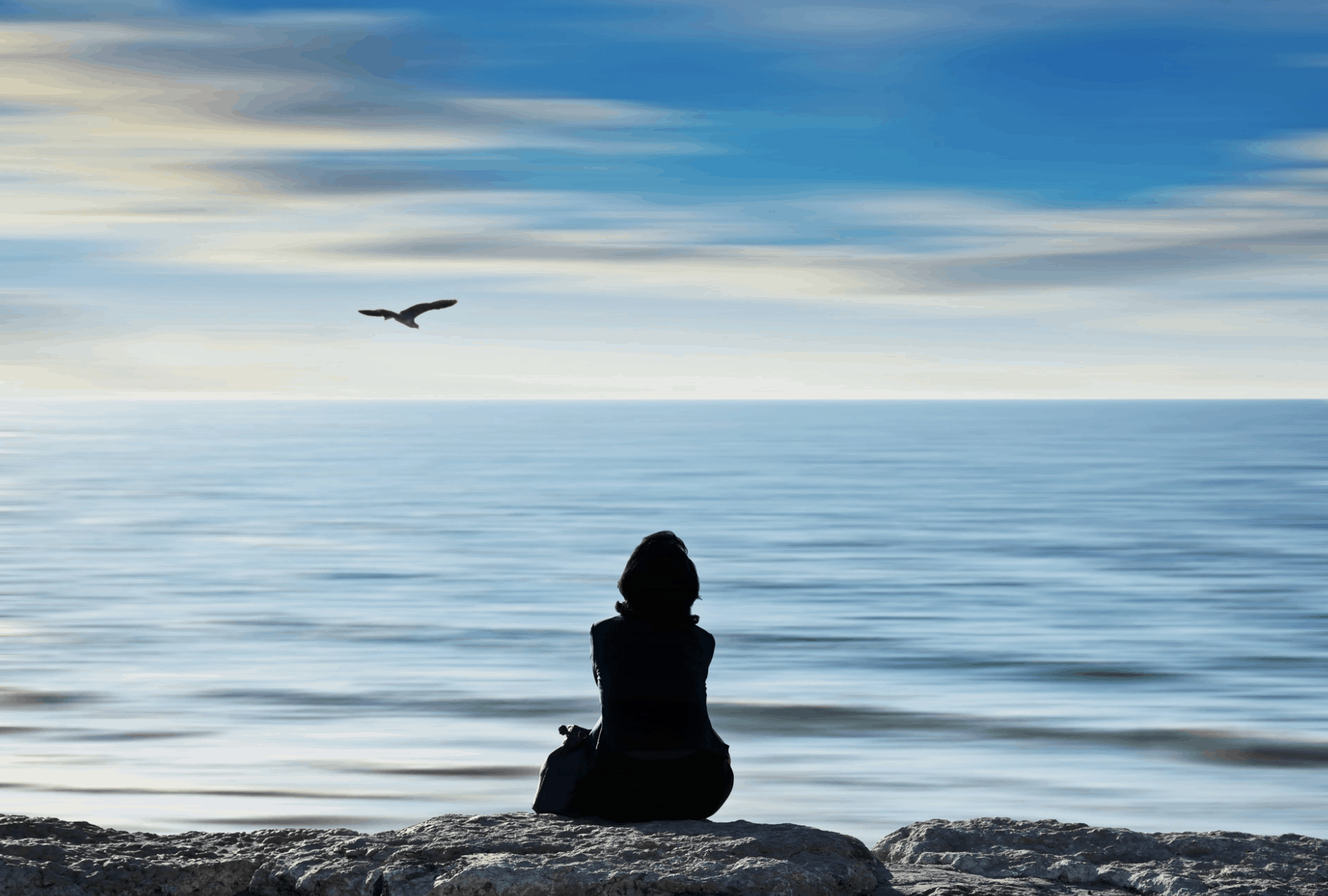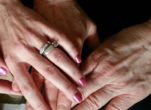
Who Profits from Your Sadness?
A couple of months ago, I invited a local songwriter in her 20s to write a song with me. I’m used to sitting alone with my guitar and my stories, basically talking to myself as feelings turn into ballads, but co-writing music is new for me. Working with someone to make any art requires intimacy, vulnerability, and trust—and while I’d only met this woman once, I wanted to challenge myself, to see if I could step into a room with a talented stranger and just open up.
While I waited for her to arrive, I wondered what life experiences we could possibly have in common. We’re both white women with college degrees, and while I remember being in my 20s, that was lifetimes ago. Now, I have a mortgage, two kids, and the constant sound of time marching on ringing in my ears.
When I opened the door, she was smiling and tall, holding a guitar case and a laptop. I made us some tea and we sat down to share the details of our lives, the struggle of turning art into money, the freedoms and the fears of being self-employed, the misogyny in the music industry—it turned out we had quite a bit in common. Yet, what struck me into silence was that we had the exact same daily experience; we both woke up, first thing in the morning, already feeling overwhelmed and like we had to physically force ourselves to get out of bed.
I immediately had concern for her—but not yet for myself. All of my grief seemed legitimate to me: My sadness and overwhelm were obviously an outcropping of my heavy responsibilities. She was just a kid, playing gigs across the country, sleeping on couches, living out of a car, recording a new record—you know, living the dream.
As we got to work, we tried to infuse the truth of what is with the possibilities for how we might feel differently, or at least feel less alone. We decided to quietly journal and then take turns reading to each other what we’d written. Before she shared, she laughed and said, “I don’t know if any of this is useful or not. I mean, it’s all stupid until we say it’s good, right?”
“Each day feels like a battle
That I face on my own
Its takes all the faith I have
To believe I’m not alone”
After we worked out a few verses and went deeper into the feelings of isolation and sadness, I shook my head in disbelief and said, “You know, someone must profit from us feeling like we are all alone and like nothing we do, nothing we accomplish, nothing we have, is ever good enough.”
* * *
I have a wellness recovery plan that has a list of what I must do when I start to feel depressed. The very first thing on that list is to take a break from social media. So last winter, when several stressful and sad events happened back to back, I logged off. After a few weeks, I inevitably felt better, but I missed the updates from my friends, the witty banter, the neighborhood gossip…and I logged back in.
Weeks went by, and as I scrolled through photos and I eventually resumed the ritual of projecting my own fears onto more financially successful artists and songwriters: the ones who have partners to help keep house and raise kids, or the ones who chose not to have kids or houses, or the ones who are touring the world building their careers one show and one fan at a time. Within a week, I felt a growing sense of sadness, failure, and resignation.
A month went by, then one morning, I picked up my phone, turned off the alarm, and began my autopilot social media scrolling; 30 minutes passed before I even noticed what I was doing. I lay in bed, each post reinforcing my fear that I was standing at the bottom of an unscalable mountain to a better life someone else was living.
Obviously, I was doing it all wrong, or I’d have songs on the country music charts, shows at the Opry, a retirement plan, and children with clean faces, trophies, and good grades.
I looked out my window, and through the drawn curtains I could see the spring Portland sky was still cloudy. My chest tightened, and the familiar morning dread filled my body—but I noticed it differently this time. I sternly told myself to put down my phone, get up, and start the goddamn day anyway. As I threw back the covers, I thought of that young woman out on the road who, despite doing the exact thing I wished I was doing, was likely also feeling overwhelmed, maybe unaccomplished, probably sad. I remembered saying, “Someone profits from us feeling this way.”
The reality is that while I have no songs on any charts, the album that I made with fellow independent artists has been played around the world. I got national media coverage, sold hundreds of CDs with no tour, and within three months of the release I was meeting with record executives at the biggest publishing companies in the industry. Having started with just my stories and a guitar, by most accounts, I’m doing all right.
Yet, in the shadows of my subconscious, I’m not in a state of gratitude. I’m anxious that I don’t have more money to spruce up my wardrobe, redecorate my living room, get some new lipstick, get a bigger house, get a newer car, and shop to make it better, so that even if it doesn’t feel better, at least it will look better.
Look, I know I shouldn’t compare my life to someone else’s, but I do. Maybe it’s a character defect, maybe it’s privilege, maybe it’s just a bad habit—but whatever it is, it is easily exploited. Zulily, ModCloth, JCrew, and MAC know where to discreetly insert their ads offering things I don’t need, things that won’t help.
For the 387th time, I deleted all of the social media apps from my phone. I stomped down the hallway like a madwoman, stating loudly to no one in particular, “I am not here on a capitalist journey. I am here on a spiritual journey.”
I said it over and over and over, trying to get the words to settle in my body. “I am on a spiritual journey.” I added, “I do not need to accumulate lots of money and accolades to prove my worth. I have enough. I am enough. My body is enough. My home, my music, my bank account, my family, my garden, my health, are all good enough.” I stomped all day long until something shifted and I felt gratitude for all that I had been given and all that I had built.
Chances are high that I’ll forget this moment, because even without social media, as an American I live in a constant hurricane of advertising that makes it nearly impossible to consistently tend the small flame of my own truth. I know I’ll need to intentionally return to this lesson again and again.
I am not here on this earth to accumulate goods. I am here to do good, and that is enough.











6 comments to "Who Profits from Your Sadness?"